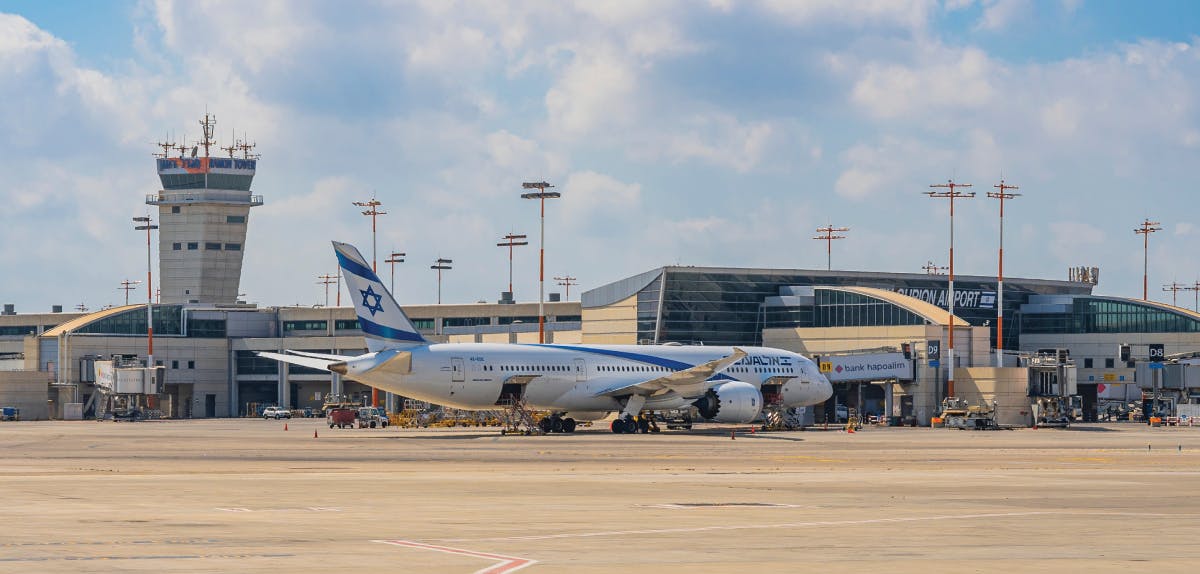Article | Why Visiting Israel Matters… Right Now
February 11th, 2024

Article by Rabbi Gerald C. Skolnik
My wife Robin and I returned this past week from a 5-day volunteer mission to Israel, organized and implemented by the JNF. We were part of a larger delegation of some 250 people from our region, including 12 from our synagogue, Bnai Shalom, in West Orange, New Jersey. The mission took place in the last week of January. Robin and I stayed on for a week afterwards to visit with close family and friends, and further experience the reality of what life in Israel is like right now, in the midst of a painful war.
Our five days of volunteering in southern Israel were intense and moving, profoundly saddening but equally inspiring. There was much to despair over, but even more to admire in the remarkable resolve of Israelis to move forward amidst their trauma and dismay. During our few days together, we pulled weeds that had overgrown planted scallions on a moshav whose Thai workers had left after October 7. We packed boxes of “goodies” for soldiers serving in Gaza. We visited a remarkable facility run by JNF for severely physically and mentally challenged children in southern Israel. We heard from one of the leading thoracic surgeons at Soroka hospital who shared terrifying data of how many people had passed through the doors of their emergency room on October 7 and 8. And, of course, we visited Re’im, the site of the massacre at the Nova concert, and also Kibbutz Revivim, where 30 of the victims from Kibbutz Be’eri were temporarily buried until such time as their remains could safely be reinterred at their beloved home. There are no words to describe the horror of even standing in those places…
One particular volunteering experience stands out for me, primarily because of what followed it. We were brought to Kibbutz Gvulot, just kilometers away from the Gaza border, to help a few of their members prepare the kibbutz for the return of its population. G’vulot was not physically attacked on October 7, but its members, like so many others in Otef Aza (the Gaza envelope) and the northern border, were evacuated to protect them from any possible further attacks. They joined the ranks of the m’funim, the displaced ones who were relocated to other, safer spaces until such time as returning was deemed to be safe. The members of G’vulot were determined to return home sooner than was planned. A few of them were working to get the kibbutz ready for its members, and that’s where we came in. We painted shelters and bike racks while others weeded a centrally located garden…
When we returned to the hotel in Sdei Boker and were on our way to breakfast the following morning, Robin and I were approached by a lovely young couple — Tomer and Moran Mahler — and their two young, beautiful girls. They had an idea of who we were because we were wearing ID credentials from the JNF. “Were you at Kibbutz G’vulot yesterday,” they asked? “That’s our kibbutz.” They were staying at the same hotel as we were, because that’s where they had been evacuated to.
I can’t remember the exact words they used, but essentially, they were simply incredulous that we would leave America and voluntarily come to a “war zone” to help them. They were at a loss to adequately say how grateful they were. Robin and I were embarrassed. We tried to help them understand that it was we who were grateful to them for their incredible courage in the face of such upheaval. It was we who were in awe of what they and their neighbors had endured, but they couldn’t understand why we would come volunteer to help them…
I have heard opinions recently questioning the wisdom, and also the motives, of so-called “disaster tourism” — Jews from abroad traveling to Israel on brief volunteer missions similar to the one we participated in. Some question the propriety of so many people visiting the killing fields of Be’eri and Re’im. They imply that the short term volunteerism of participants is of little impact, and more designed to make participants feel good about themselves than actually make a difference.
Our encounter with the young Mahler family was but one instance, through surely the most memorable, of meeting Israelis who were genuinely and most sincerely glad to see us, and grateful that we were there. It was true in the volunteer opportunities we participated, like at G’vulot. It was true with the members of our family in Israel who have, like virtually all Israelis, been living with almost unsustainable levels of stress and loss. Their children have been, and continue to be, in harm’s way, even as they attend the funerals of their young friends. It was certainly true in every store we went into in our conscious effort to support Israeli businesses that have been brought to their knees by the absence of tourism, and the same was true in restaurants that we frequented.
As for the propriety of visiting the sites where the worst atrocities were perpetrated, I couldn’t possibly disagree more with those who pose objections. Hearing and reading about the events of October 7 from afar made me feel painfully disconnected from the Israel I know so well and love. I ached to be there. Actually standing on those desecrated grounds brought me a powerfully enhanced sense of the horror that had transpired there. It renewed in me the resolve to never forget that feeling and those who were killed, and to never forget the hatufim, those surviving kidnapping victims still languishing in Gaza. And last but certainly not least, it reminded me why I stand with Israel even as the world increasingly turns against her by the day.
If not us, whom? And if not now, when? It has never been more important to visit Israel, to show your face and demonstrate your resolve. The time to visit Israel is now.
Originally published on The Times of Israel




